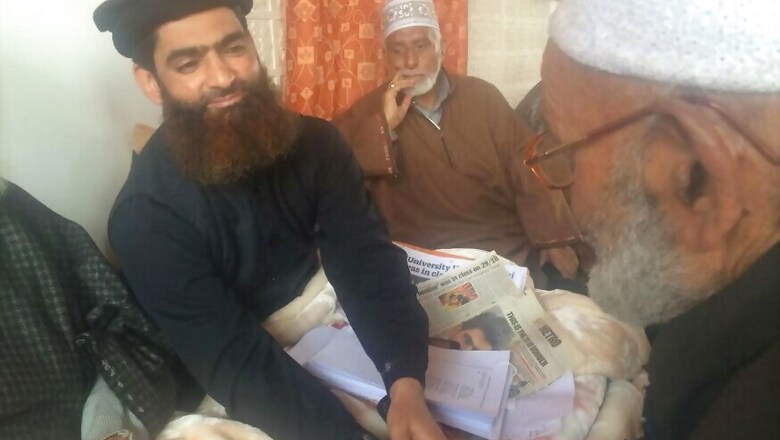
views
Srinagar: Mohammad Hussain Fazili wipes the small display of the cellphone and hands it towards his young nephew sitting in the far corner of the room.
Forty three-year-old Fazili and his prison-mate Rafiq Ahmad Shah, 34, are home after spending 12 long and traumatic years in Tihar.
The two were recently acquitted in the 2005 Delhi serial blasts, days before the Diwali festival, that killed 67.
"My nephew was three when I was forcibly picked up by police. He is writing his 10th grade exam this year. While time had stopped for me, life was moving at a rapid pace outside the walls of Tihar," said Fazili.
When Fazili was away, many of his relatives died, his siblings got married and the neighbourhood grew rich. His immediate family had four new members added to it; now aged between 2 to 9, and all are 'good' with the touch screen.
That isn't the only shock though. Back home after 12 years, he was startled to see an old woman, supported by three ladies, shouting loudly: “My son has come”.
"I could not recognise my mother. She was so healthy when I was picked up by the police on that fateful night. She has suffered four massive paralytic attacks. She needs help to move around. My father's beard has grown white and his walk is slower. It makes me cry," said Fazili.
Fazili says the lane to the house is more congested and the neighbours have grown rich, except, of course, his own house.
"Ours is the smallest house in the locality," said Fazili.
Ghulam Rasool, Fazili's father, says he could not visit him in Tihar because the family had no resources to travel and go for litigation initially.
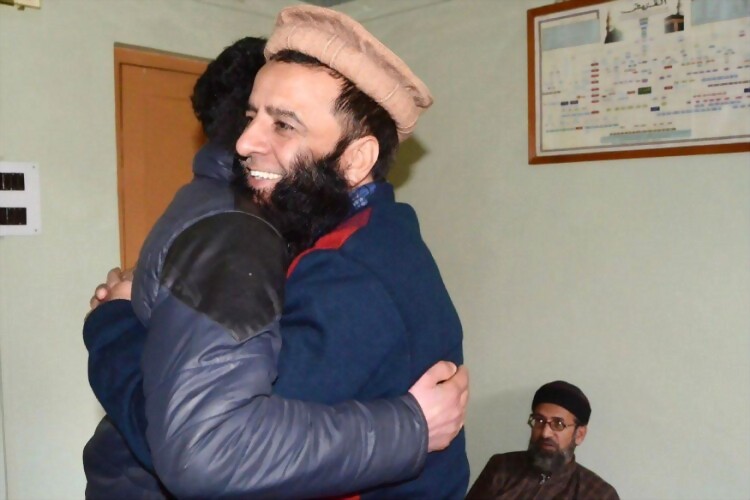
"I could not spare money," the retired handicraft artisan told CNN-News18.
A small-time shawl weaver from Srinagar’s Soura locality, Fazili says he was arrested from Soura on November 21, 2005. Next day, he was blindfolded and flown to union capital by Delhi police without informing his family.
The family was later informed by a Kashmiri convict’s kin that Fazili was languishing in Tihar. Over the years, the family could do little to get him out.
When Fazili was produced before a Delhi court in November, 2005, he says he was asked to follow the directions that the police had given him. “So I had to follow their directions and be quiet in court and pretend as if I was involved in the blasts. My father is a heart patient and my mother suffered brain haemorrhage while I was in prison. It is very painful to know that they suffered so much,’’ he rues.
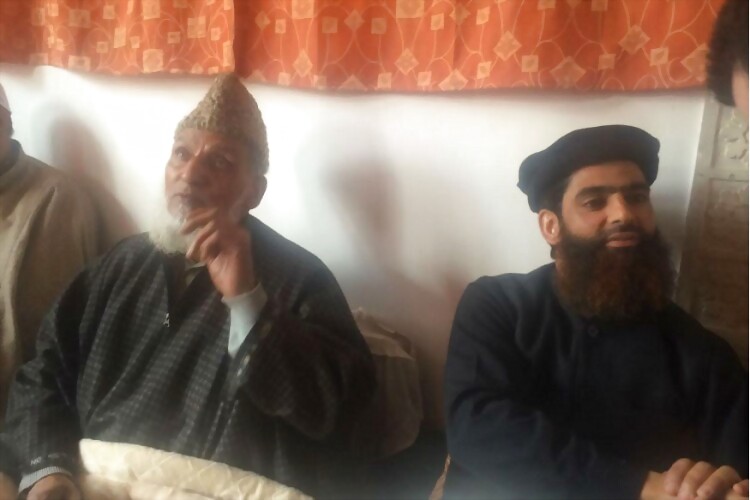
"Thank God he is with us,’’ sighs the senior Fazili, breaking the silence in the room.
Along with Fazili two other Kashmri – Mohammed Rafiq Shah and Tariq Ahmed Dar – were also picked up within hours by the police from different localities of Srinagar.
While Shah was released along with Fazili, Dar is expected to walk free soon.
Rafiq Shah lives in Alasteng, a relatively obscure suburban locality, 18 km from Srinagar. He reached home on Tuesday night travelling in a bus to Jammu from Delhi and then boarding another vehicle to Srinagar "to get a taste of what his family had endured all these years".
"My parents insisted I board a flight to Srinagar but I chose to travel by road. I wanted to feel the pain of my parents who have scuttled between Srinagar to Delhi on many occasions to visit me in Tihar,’’ says Shah, stroking his long beard.
Shah’s father Mohammad Yasin, a retired government employee, revealed he could not afford to fly to Delhi every time they met their son.
"My wife and I have visited Delhi about 40 times. All along, we have travelled by road," he says.
"We had to suffer a lot. We struggled to spare money for litigation and travel but people would lend us money to carry on,’’ says Yasin Shah, defying emotion.
Despite years of incarceration that would have make many bitter, wounded and vengeful, Shah exhibits a calm exterior.
Shah says he had no idea why he was picked up for the blasts: “I didn’t even know when the Delhi blasts had happened as those days I was busy in preparing for my university exams.”
In fact when his case was being heard in the court, the vice chancellor of the university and five professors deposed before the judge, travelling all the way to Delhi.
"Professor Wahid Qureshi, VC sahib, and others professors carried the attendance register with them and deposed before the judge. That was a huge gesture and I remain grateful,’’ he recalls.
While Shah was in jail, life moved on for his family even though they were in perpetual grief. His two younger sisters were married off and the parents waged a relentless legal battle to secure the release of their only son.
Fazili and Shah’s past has been in dark, their future looks bleak. Will they get succour now?










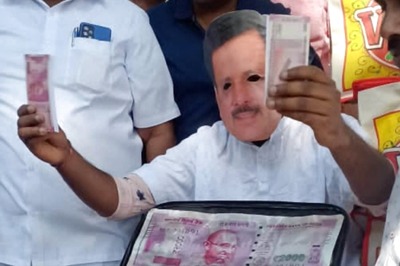






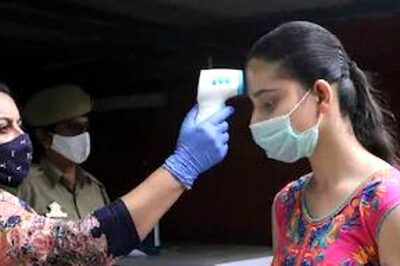

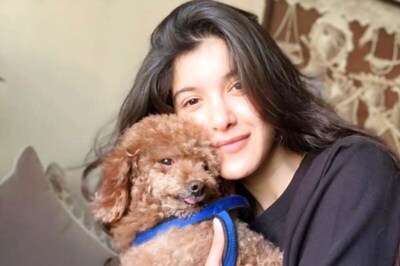
Comments
0 comment